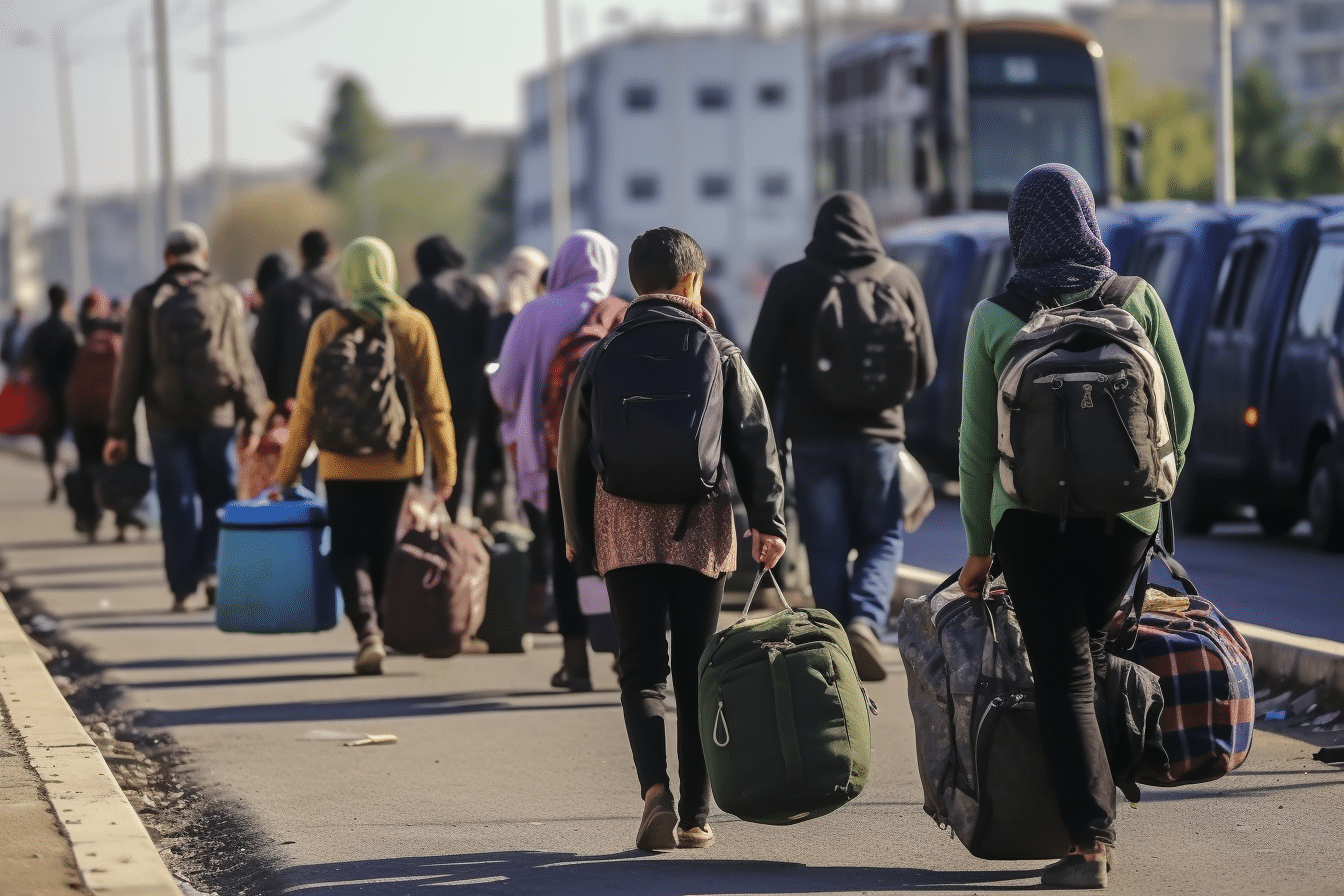
As the war escalates in northern Gaza, Palestinians are caught between the devastating airstrikes and the overcrowded shelters. Despite Israeli evacuation orders, many, like Mahmoud Shalabi, a Palestinian aid worker, have chosen to stay in their homes, defying the potential threats that loom over them.
Mahmoud Shalabi, a resident of Beit Lahia in northern Gaza, expresses the sentiment shared by hundreds of thousands of Palestinians who have decided to remain in their homes. “It doesn’t make sense to me that I should leave my home to go and get killed in a tent in the south of Gaza,” explains Shalabi, who works for Medical Aid for Palestinians. With the southern part of Gaza facing relentless bombardment, overcrowded shelters, and shortages of water and food, Shalabi’s decision is a poignant representation of the dilemma faced by the residents of northern Gaza: risk death at home or elsewhere in Gaza.
The dangers are only expected to escalate with the possibility of an Israeli ground offensive. Prime Minister Benjamin Netanyahu has expressed that Israel is preparing for such an offensive but has remained silent on when it might begin. Meanwhile, Gaza health officials report that the recent heavy bombardments have already claimed more than 6,500 lives in Gaza, including women and children.
International rights groups and U.N. officials have criticized the Israeli evacuation orders, arguing that they fail to provide a realistic and safe alternative for those fleeing. “Nowhere is safe in Gaza,” says Lynn Hastings, the U.N. humanitarian coordinator for the Palestinian territories.
Amid war and chaos, Palestinians in northern Gaza face an unimaginable choice: to flee their homes and face potential death in crowded, under-resourced shelters or to stay and risk being caught in the crossfire. Their decision to remain, as eloquently put by Mahmoud Shalabi, is a testament to the resilience and courage of the Palestinian people as they navigate the perils of war and the complexities of a humanitarian crisis that has left them with no good options.
